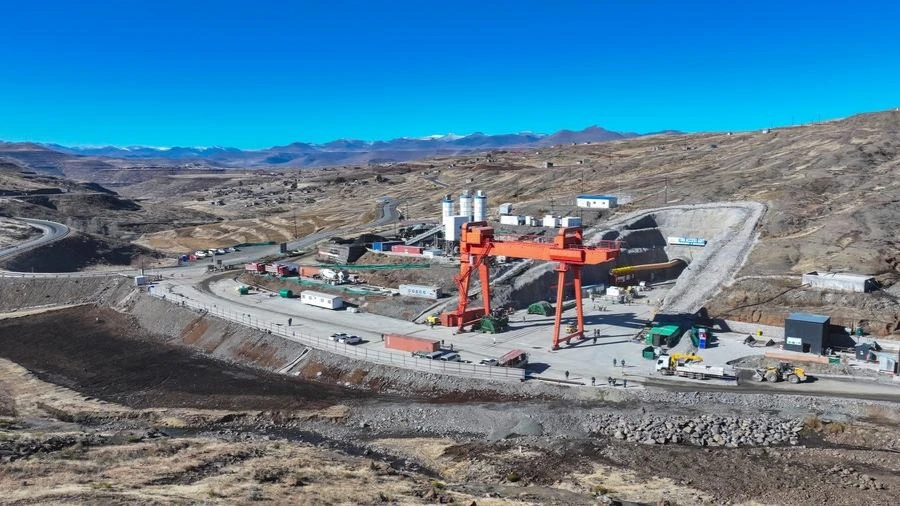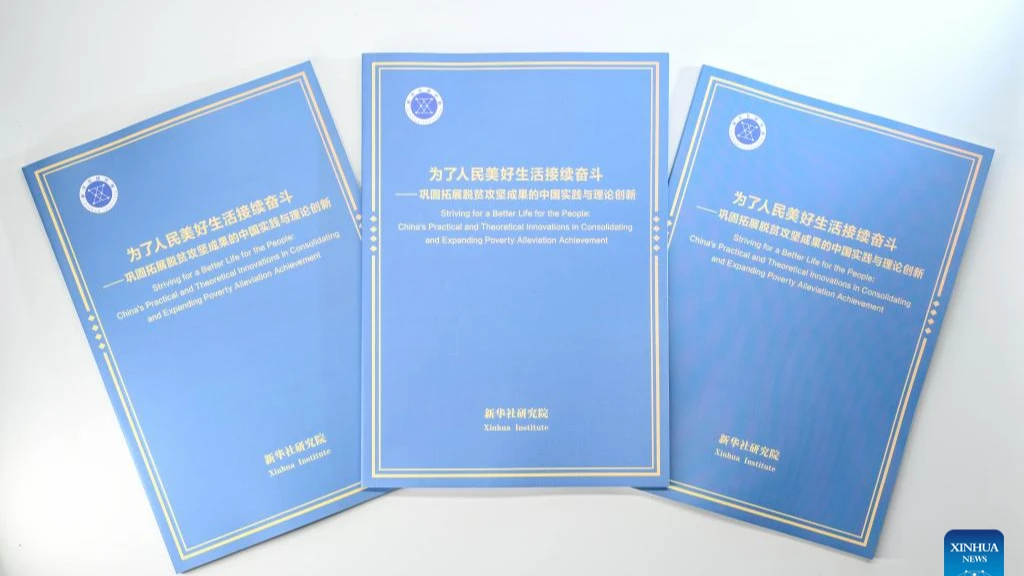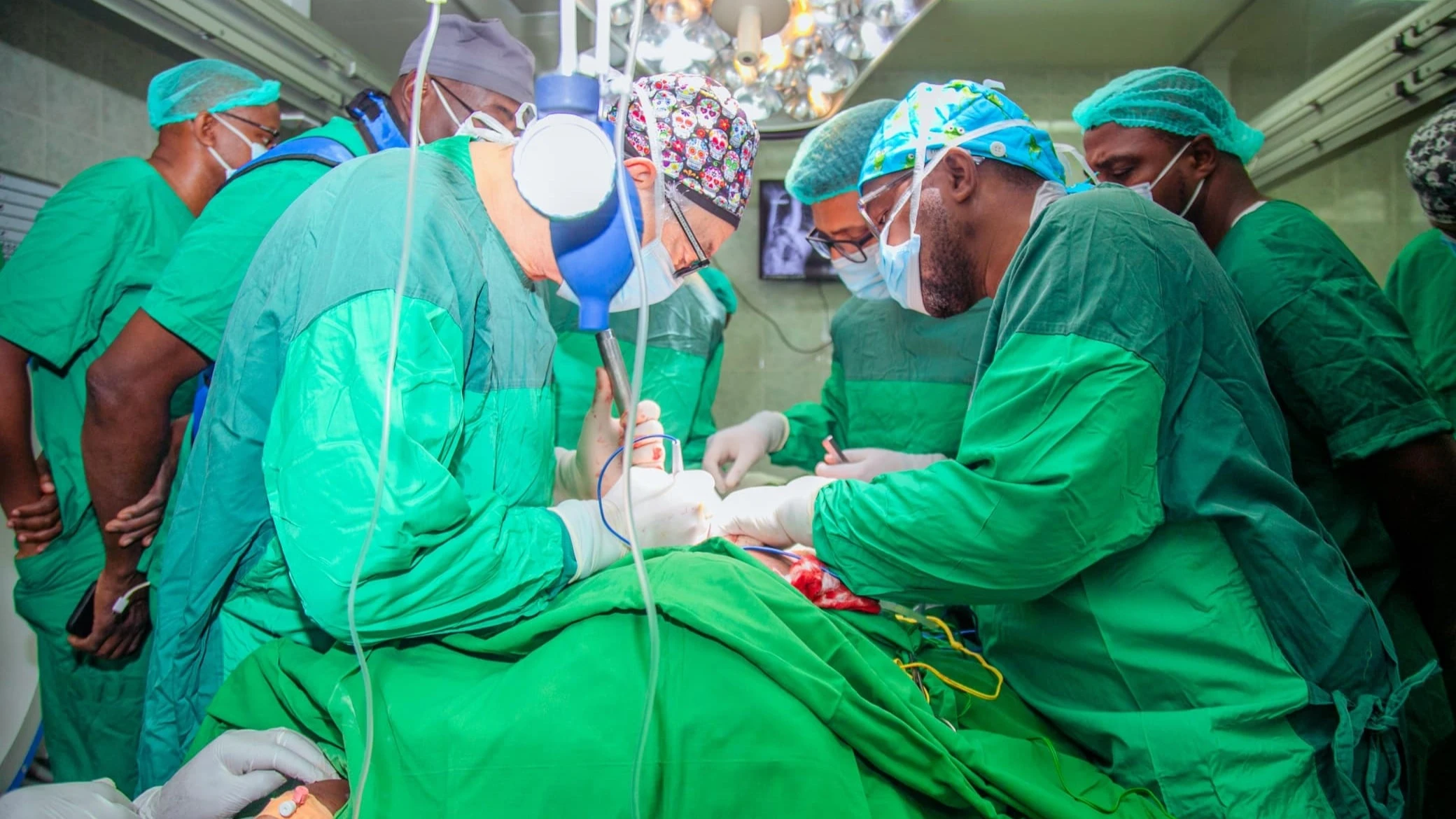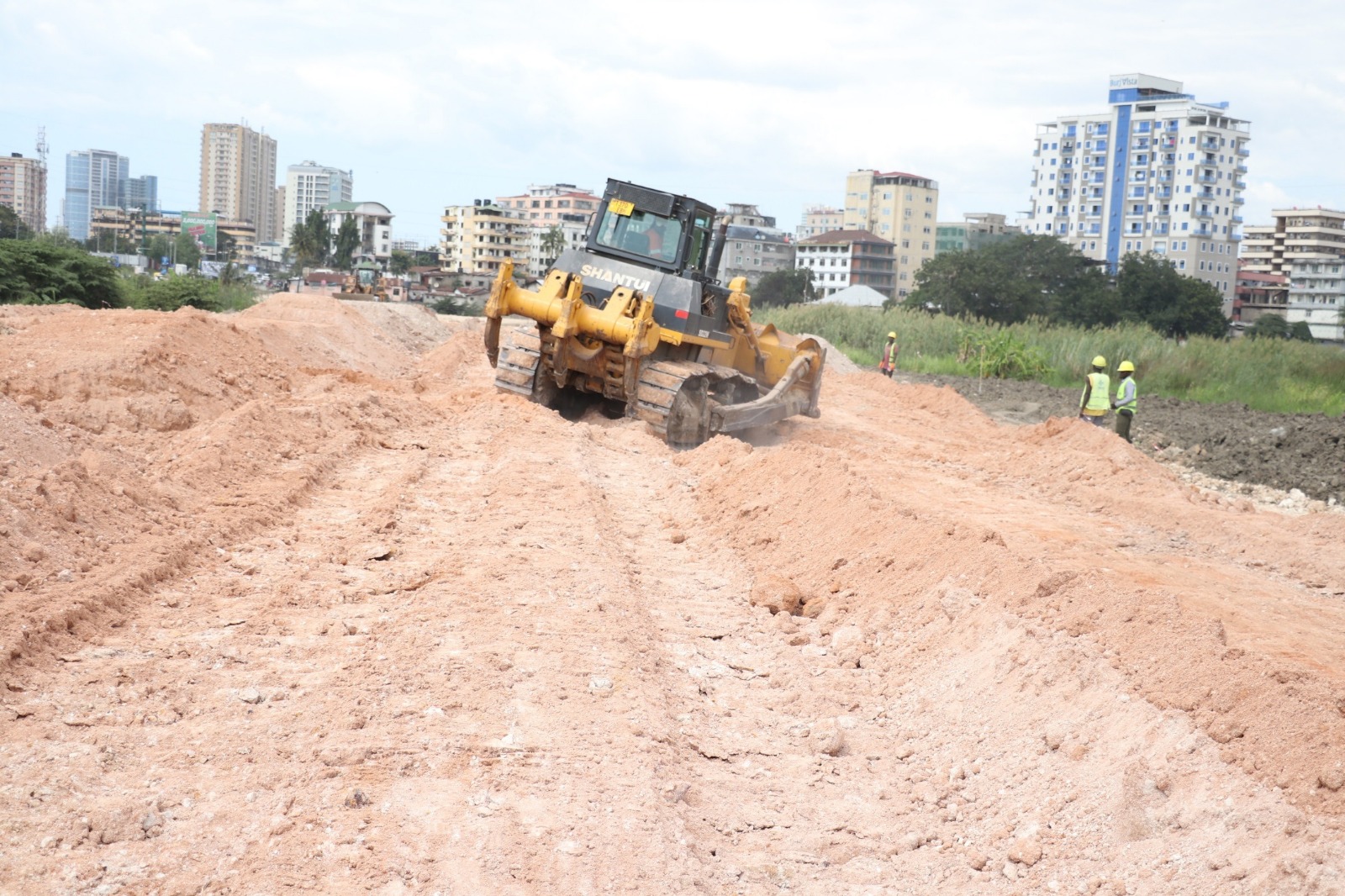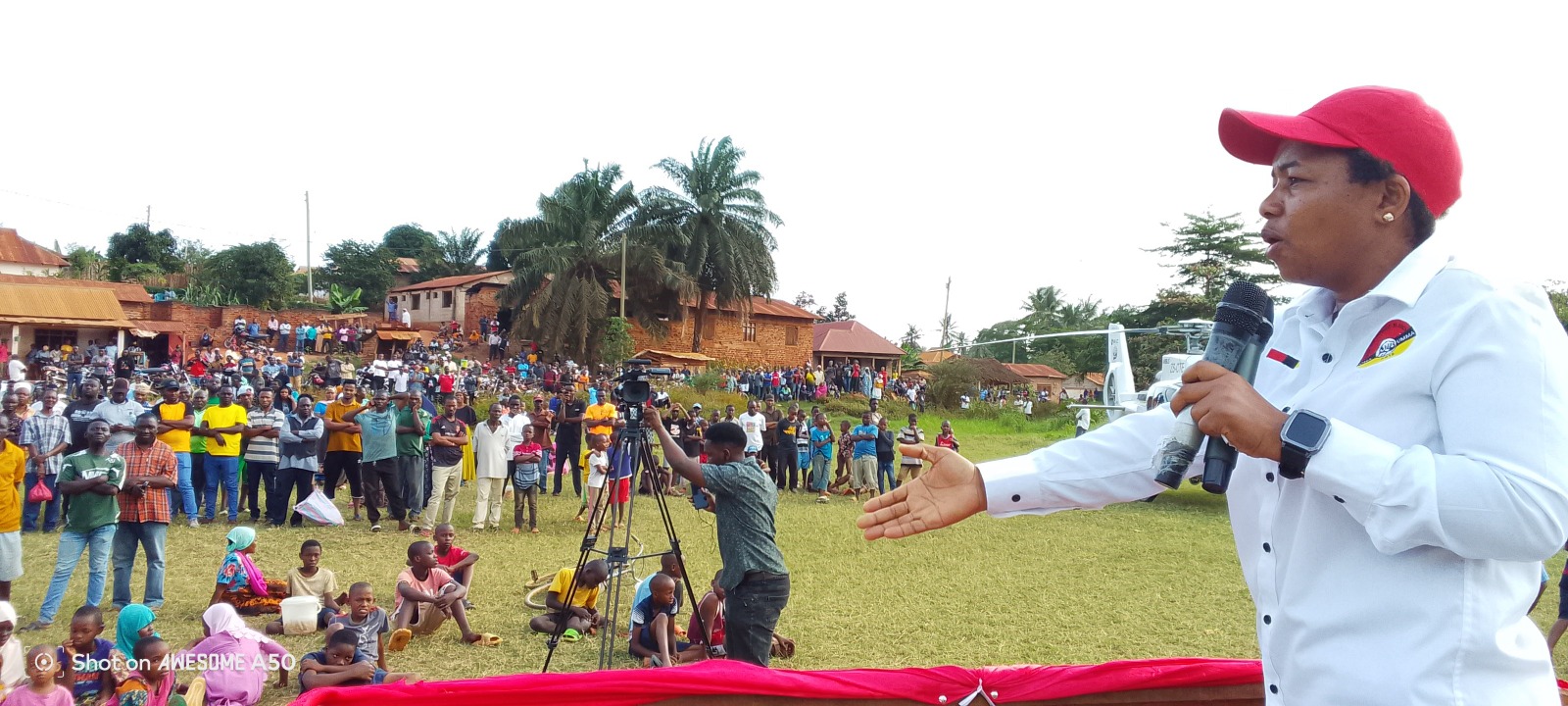TPDC begins construction of mobile gas stations
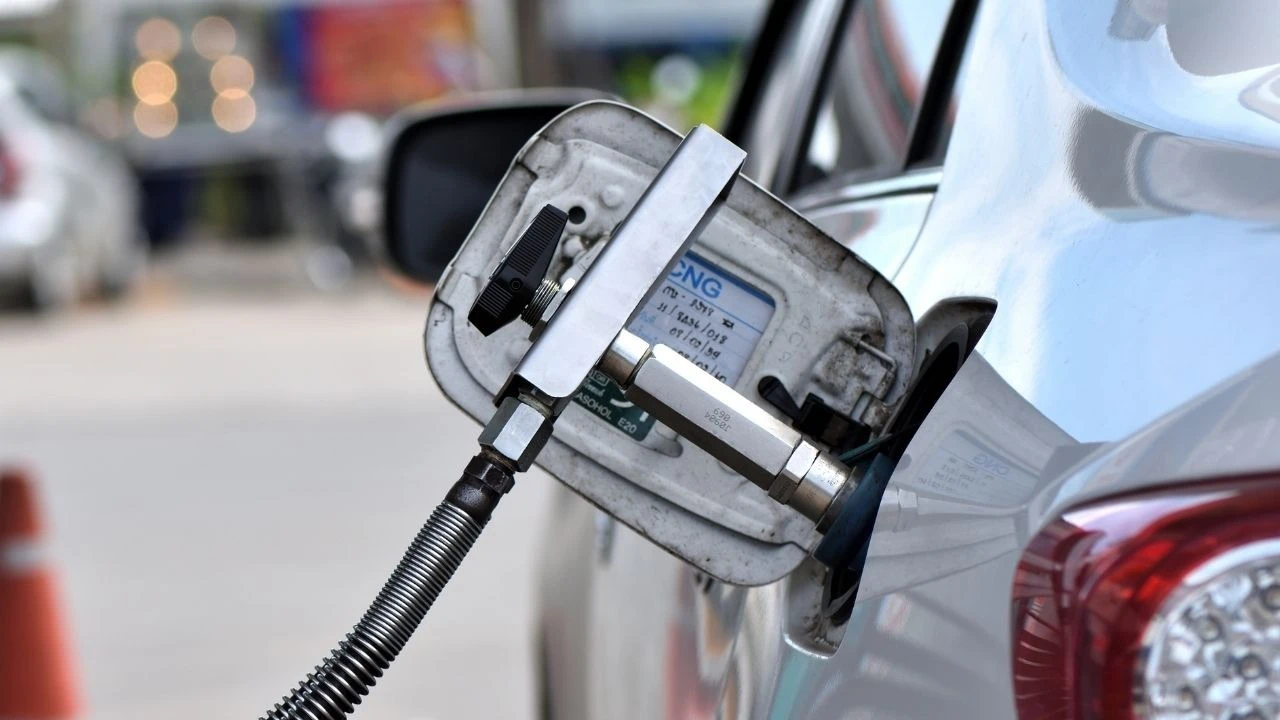
THE Tanzania Petroleum Development Corporation (TPDC) has entered the procurement phase of a project aimed at importing and installing six mobile Compressed Natural Gas (CNG) filling stations in Dar es Salaam, Morogoro and Dodoma, at a cost of 8.4bn/-.
The initiative is designed to enhance access to CNG for motorists, particularly those driving cars and three-wheeled vehicles such as Bajaj’s, in the targeted regions.
Announcing the development over the weekend, TPDC’s acting director of petroleum business, Emmanuel Gilbert, said the mobile filling stations aim to improve access to natural gas for car owners and three-wheeled vehicle (Bajaj) operators, especially in areas not yet reached by permanent CNG infrastructure.
Three of the mobile stations will be installed in Dar es Salaam, specifically in Msasani, TPDC Mikocheni and Ilala Bungoni, while one will be built in Morogoro and two in Dodoma Region.
“We are finalising the contracting process. Once that’s done, the stations will be up and running within six months,” said Gilbert, speaking to journalists during a media briefing on CNG infrastructure development. “This project will allow drivers to confidently travel from Dar es Salaam to Dodoma using CNG-powered vehicles.”
The mobile stations are part of a broader government-led push to roll out CNG infrastructure across the country to reduce reliance on imported petroleum products and cut urban emissions. Natural gas is a key pillar in Tanzania’s energy transition strategy, in line with the national commitment to clean energy and the global agenda on climate action.
Currently, the use of CNG remains concentrated in limited parts of Dar es Salaam, but the demand is growing rapidly—especially among commercial and commuter vehicle owners—due to cost savings of up to 50 percent compared to petrol or diesel.
Gilbert also noted that the private sector is playing a central role in scaling up permanent CNG stations. He confirmed that Puma Energy has already begun construction of four new stations in Tegeta, Ubungo External, and Mbezi Tangi Bovu, with completion expected by November this year.
Meanwhile, other private firms are racing to finish new outlets in Dar es Salaam along Coca-Cola Road (set to be operational in August), Mbezi Africana, Nyerere Road, Tabata, Goba and Kibada in Kigamboni, expanding the CNG corridor in the metropolitan region.
“Once these additional stations are complete, we expect a significant boost in CNG availability by December. This will create the reliability and accessibility needed to convince more motorists to shift to gas-powered engines,” Gilbert said.
He encouraged car and Bajaj owners to begin converting their vehicles to CNG, highlighting not only the economic advantages but also the environmental benefits of switching to natural gas.
The project adds to a growing list of government and private sector partnerships aimed at harnessing Tanzania’s abundant natural gas resources for domestic energy use. TPDC and the Energy Ministry have underscored that investments in both fixed and mobile CNG infrastructure are vital to decongest fuel queues, stabilize energy prices, and reduce carbon emissions.
Tanzania, home to over 57 trillion cubic feet of proven natural gas reserves, has long eyed the transport sector as a critical entry point for local gas utilisation.
Top Headlines
© 2025 IPPMEDIA.COM. ALL RIGHTS RESERVED








